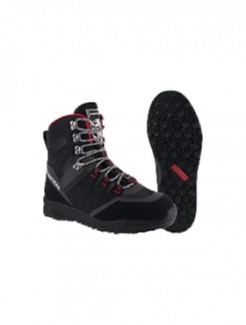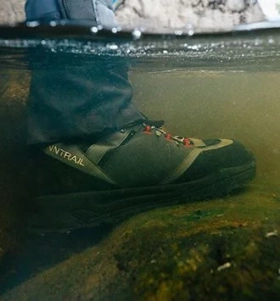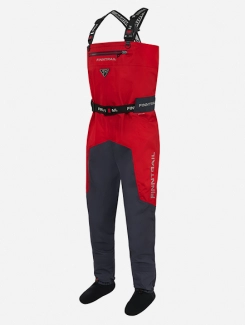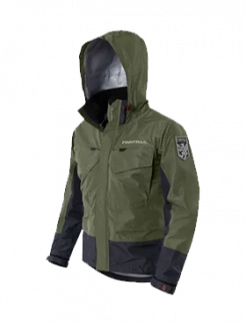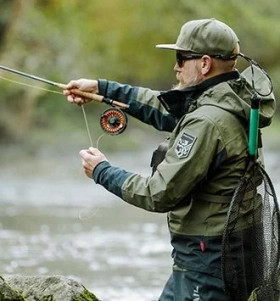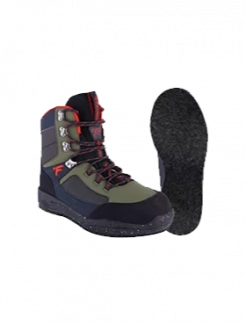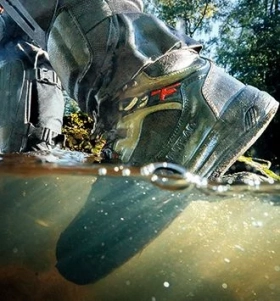When To Change Your ATV Oil
The oil in your ATV is extremely important. Fresh oil in your vehicle keeps all your engine parts protected and lubricated. Leave it too long between changing the oil in your ATV, and you risk severe damage to your vehicle.
HOW OFTEN TO CHANGE ATV OIL?
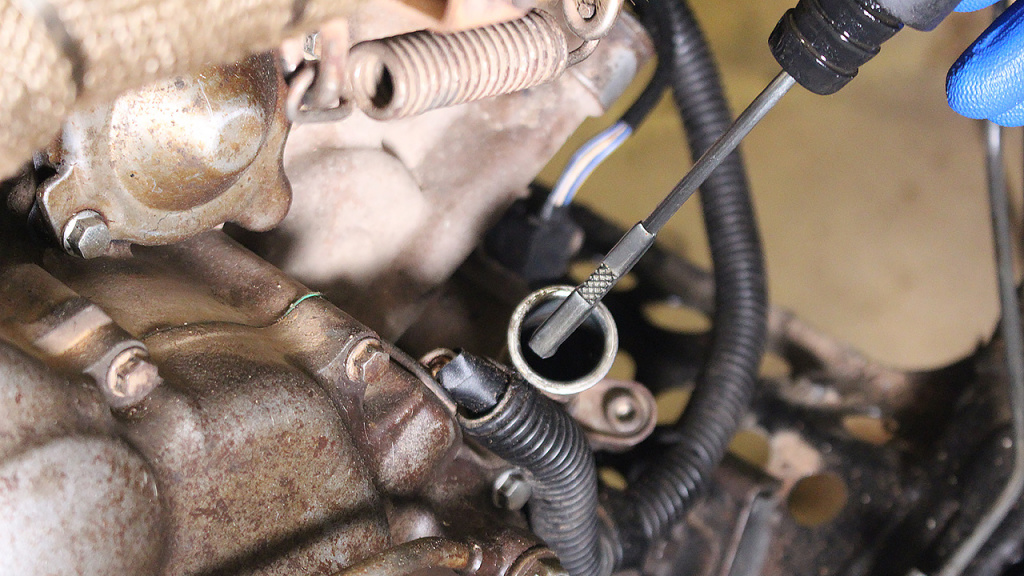
You may have noticed that ATV oil changes are required more often than the oil changes of a car. This is because ATV engines run hotter, at higher revs, with less oil. This means the oil will lose its viscosity faster.
It’s worth also noting that ATV engine oil is different from standard automotive oil. While you could technically use automotive oil, ATV oil includes additives to improve viscosity and help fight off rust.
Besides the oil, consider the various filters your ATV uses. A dirty air or oil filter not only causes poor performance but also lets debris enter the engine and means you’ll need to change the oil much sooner. Take care of the filters of your ATV, and your oil will last and perform its duties for much longer.
MANUFACTURER RECOMMENDATIONS
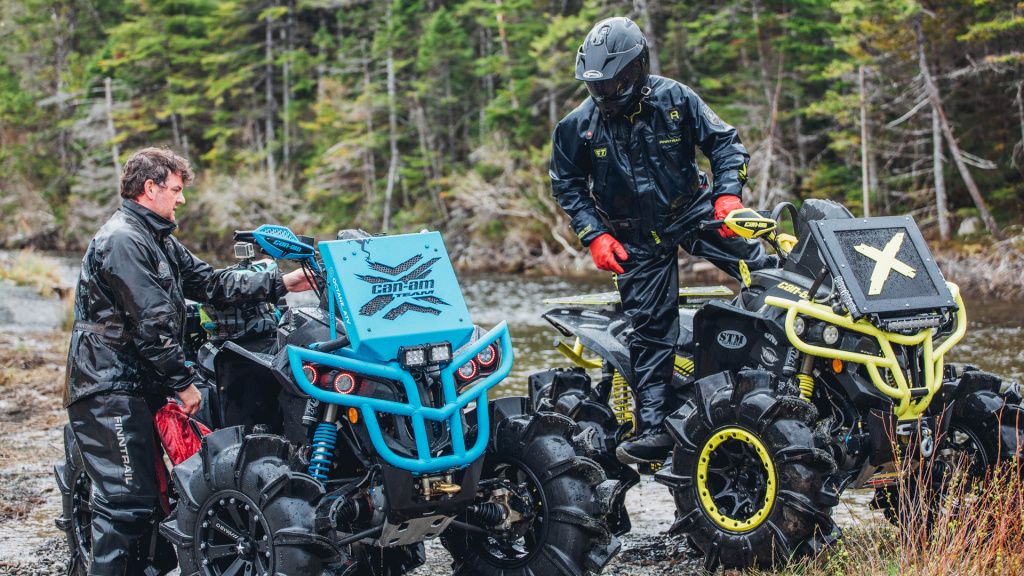
ATV manufacturers all recommend you check the owner’s manual for your ride for the specifics of when to change your oil. There are quite a lot of differences in measurements and methods.
If you own a Polaris ATV, for example, you’ll be advised to perform the first oil change after 25 hours (or one month) on a new ATV. Then you’ll need to complete an oil change every 6 months, or every 100 hours of riding, or every 1,000 miles you ride, whichever comes first.
Other ATV manufacturers will suggest you change the oil every year or every 100 hours of riding. So, each ATV is different but broadly follows the same timetable.
If you don’t keep such a close tally of how many miles or hours you ride, there are other signs that your ATV needs an oil change, as outlined below.
ATV OIL IS GRITTY
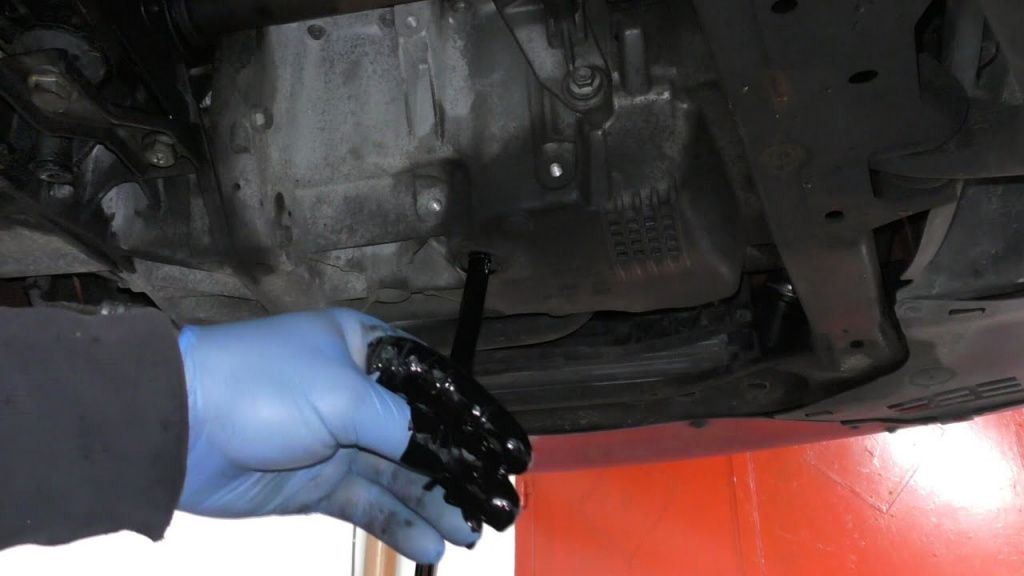
Your ATV oil will pick up various contaminants that have made their way into the engine. This is one of its main jobs. The oil should pick up dirt and grime, so a darker oil color is normal. But if you check the oil and it feels gritty, this suggests the oil is past its best and needs replaced.
Your oil doesn’t need to stay golden. In fact, if you’ve been riding for a while and the oil is still golden, it just suggests that the contaminants are being trapped in the oil filter.
ENGINE IS NOISIER

Increased engine noise can be difficult to notice. But if you do perceive an increase in engine noise, this can be because the oil is failing at its job lubricating the various valves, bearings, and crankshafts, so they’re knocking against each other more. Time to check your oil.
TICKING NOISE WHEN YOU START THE VEHICLE

Oil is immediately circulated through the engine when you start it up. If your oil is dirty or gritty, then it’s harder for the valves to work. This can present itself as a ticking or knocking sound when you’re starting up your ATV. If you haven’t changed your oil in a while and you start hearing this ticking sound, it’s time to change the oil.
OIL LEVEL DROPS UNEXPECTEDLY FAST
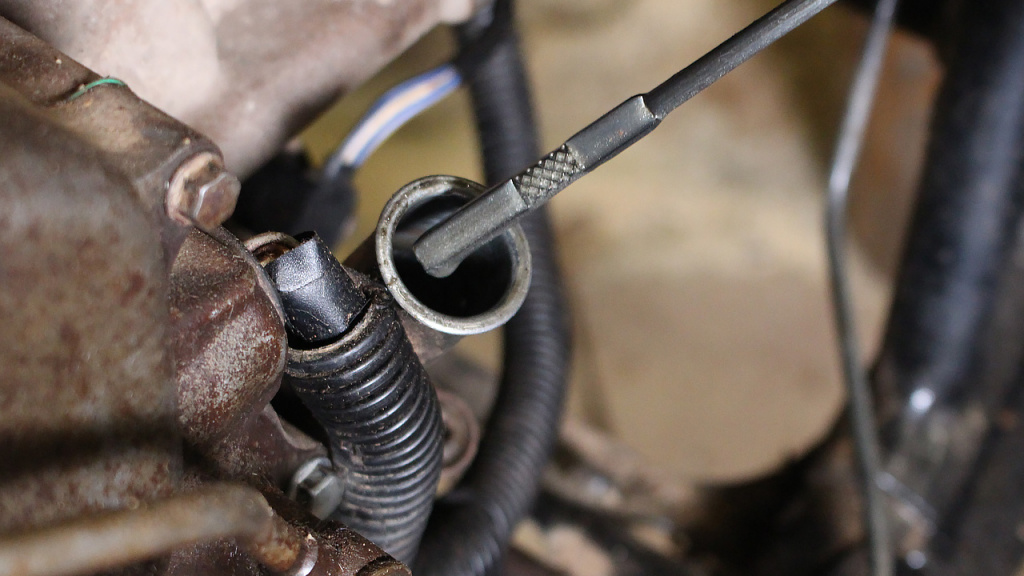
Between oil changes, you typically have to add a little oil to keep the level up to the recommended level. If you find the oil level is deficient and you’re not sure why, an oil change is in order.
Now, the reason for the oil level dropping could be a small leak. Sometimes a leak at the drain plug is the culprit, and other times it’s just the air filter. Replacing the drain plug washer and the air filter may fix the problem. Try it, and run your ATV again. If you’re still losing oil at breakneck speed, it’s vital to get your ATV serviced immediately, so damage to the engine parts is minimal.

